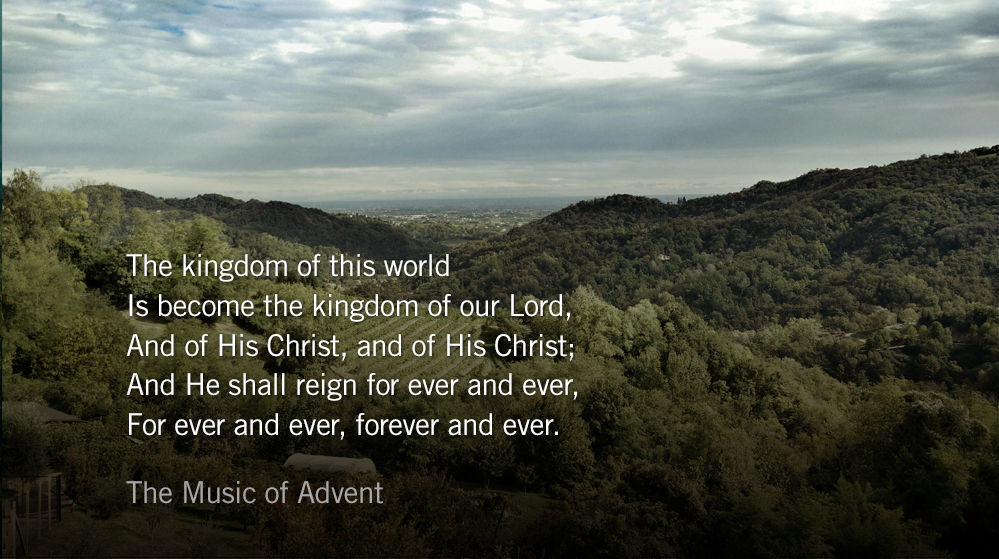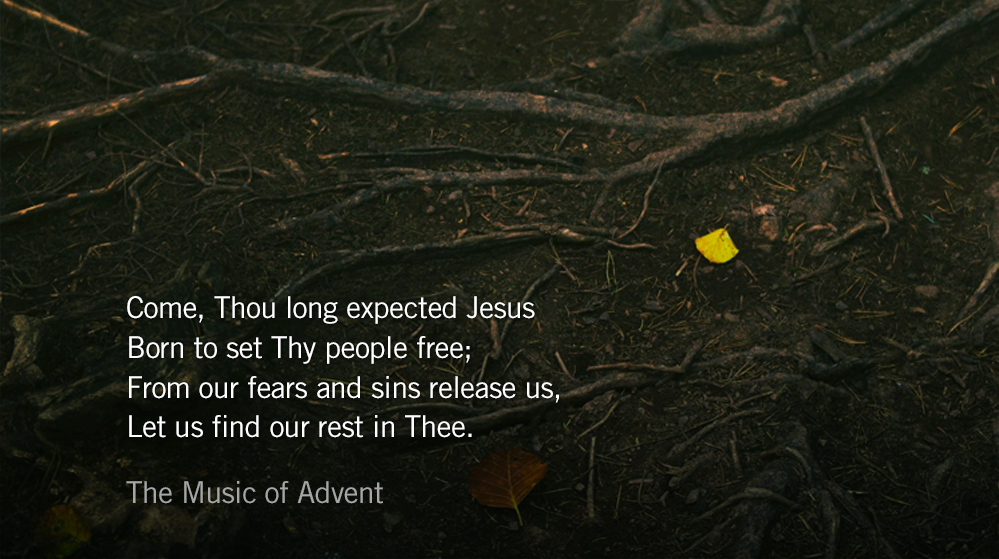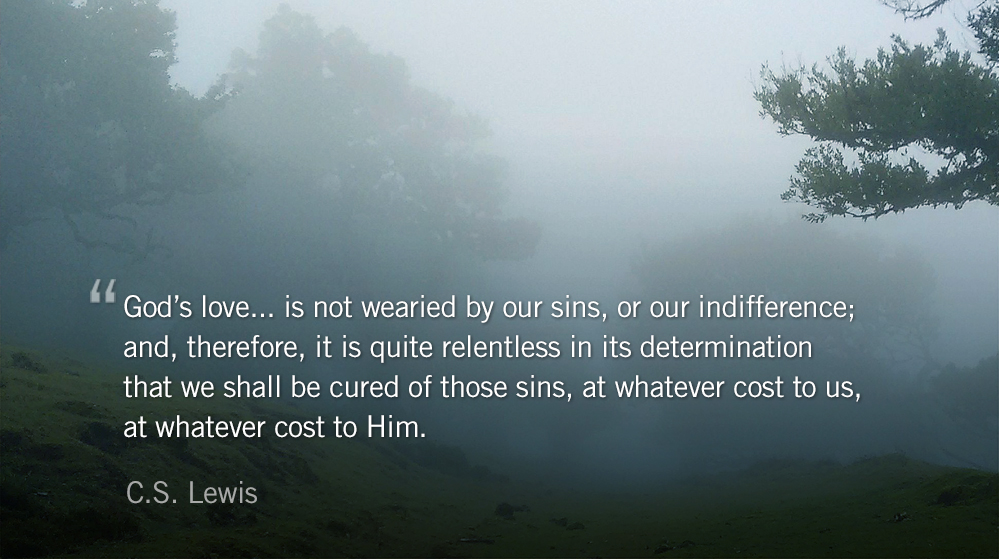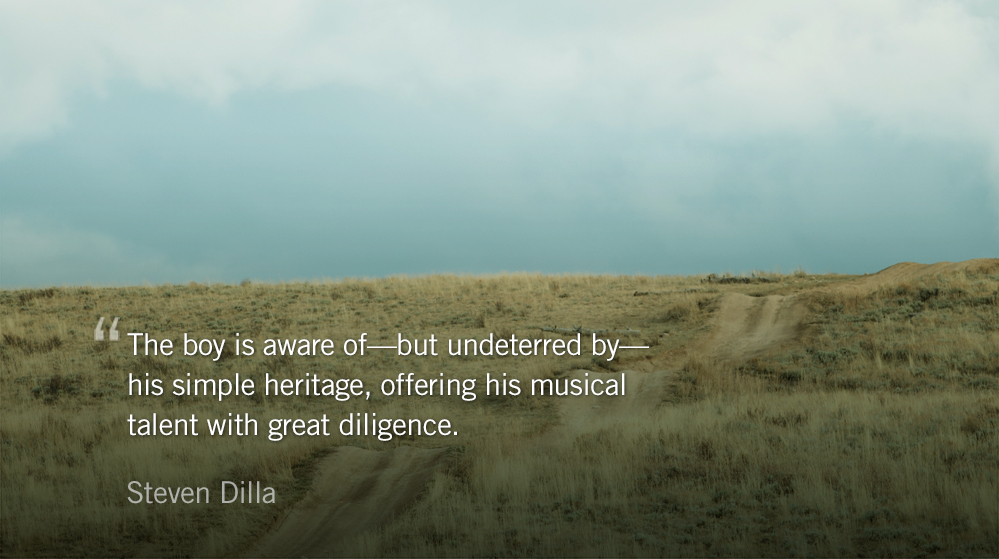“Charles Jennens was a collaborator of Handel’s who struggled with depression following the suicide of his younger brother,” says Mitch Davis who wrote a documentary on Handel’s Messiah. Jennings’ brother was reportedly talked out of his faith at university and subsequently took his own life.
“Jennens craved the spiritual solace he found in the exalted strains of Handel’s music and sought to combine that music with the scriptural words that comforted him during his depressive bouts,” writes Davis. Jennens composed the libretto of Messiah from translations of the Bible and the Book of Common Prayer.
Handel bounced from patron to patron throughout his career. Poor management of money and the resulting large shifts in his income, led him to become significantly indebted in London. Handel’s first biographer John Mainwaring recorded that the artist, ”paid more attention to [food] than is becoming to any man.”
Handel eventually became overweight, but was known far wider for English tabloid reports on his temper. In one argument he threatened to throw a soloist out a window, in another he escalated a verbal fight until a friend stabbed him with a sword (Handel was spared as the sword was blunted by a metal button).
During the feverish composition of Messiah (he completed it in less than four weeks), Handel had what some call a spiritual epiphany. “I did think I did see all Heaven before me, and the great God himself,” Handel wrote as he composed the Hallelujah Chorus. “Whether I was in the body or out of my body when I wrote it, I know not.”
Messiah was a turning point for Handel; its success freed him from his debts, and he became extraordinarily generous with the wealth his fame allowed. ”Even when the subject of his work is religious, Handel is writing about the human response to the divine,” observes Harry Bicket, the director of The English Concert chamber orchestra.
Jennens and Handel’s lives declare through Messiah that Christ is sufficient in the chaos of the world.
Listen: Hallelujah Chorus from Handel’s Messiah by The London Philharmonic Orchestra and Choir (4:23 – lyrics below)
Today’s Reading
2 Chronicles 17 (Listen – 2:48)
Revelation 6 (Listen – 3:12)











